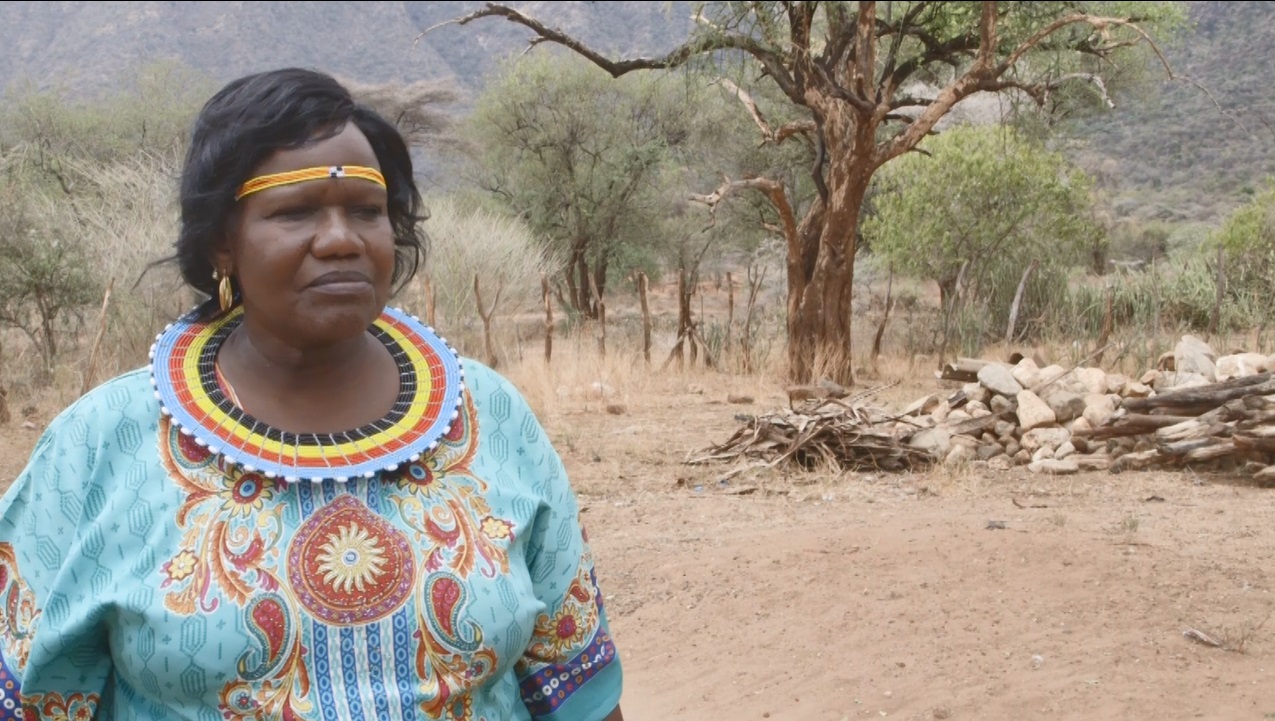Our video focuses on the work the Disasters and Emergencies Preparedness Programme (DEPP) has been doing in Kenya. We focus on empowering women, positioning local actors to better respond to crisis, such as food insecurity and also building the capacities of humanitarian agencies so that they are more inclusive in their responses.
The DEPP, is a multi-year £30m programme of 14 projects across 10 countries, funded by UK Aid. Created to improve the quality of preparedness and efficiency of humanitarian responses in countries most at risk of both natural and conflict-related emergencies, the DEPP uses the collective leverage of the Start Network and the CDAC Network.
In line with the Grand Bargain commitments, which came out of the World Humanitarian Summit in 2016, the DEPP strengthens preparedness, creates and supports collaborative networks, and facilitates locally led humanitarian responses to crises. The programme has been producing extraordinary results since its inception, with a strong focus on evidence and learning. Our governance structure of working in partnership and consortia has seen a wide range of recommendations and learnings on good practice and principles published on our online platform www.disasterpreparedness.ngo.
Over the course of its existence, the DEPP has strengthened humanitarian responses at national and local levels in countries at risk of disasters by: building the capacity of national responders who are usually the first on the scene of a disaster; helping communities and their governments be better prepared in advance of a disaster happening; and helping to scale up preparedness activities by increasing the availability of knowledge and training on best practices. Now, as the programme comes to an end, we look at the impact and sustainability of DEPP’s work on enhancing collaboration, localisation and strengthening the humanitarian sector.
Read more about the Disasters and Emergencies Preparedness Programme

